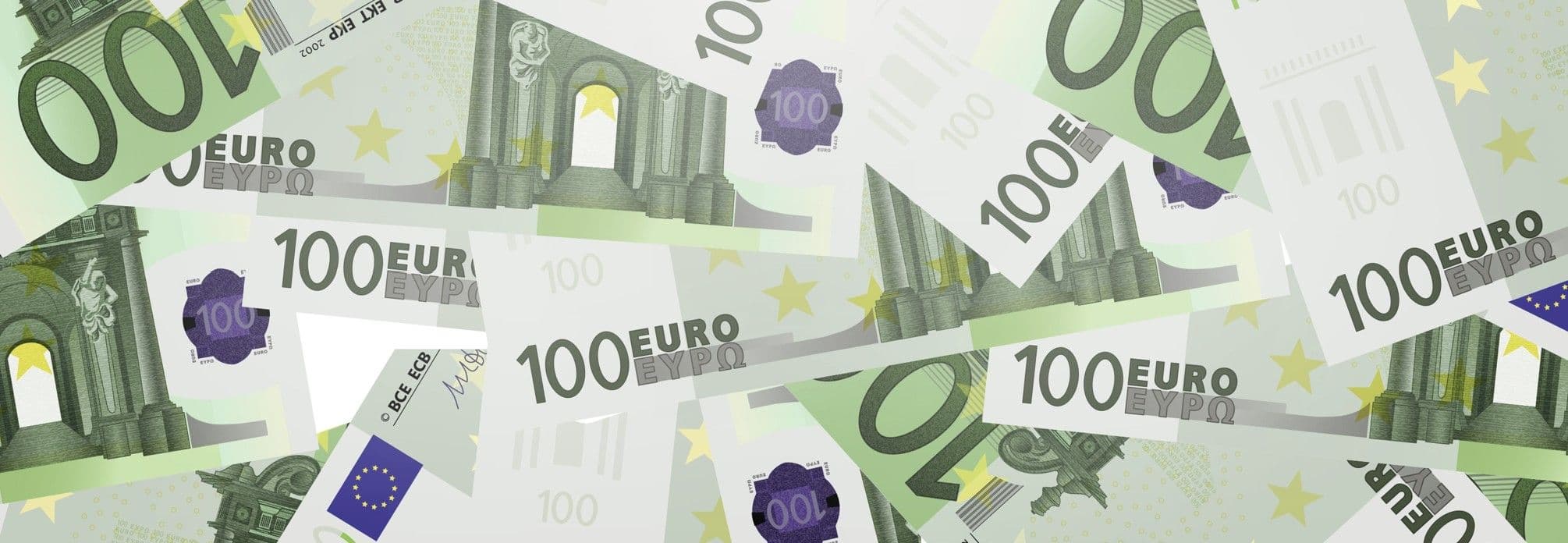01 | 05 | 25
Betting against Europe is a bad trade
José Pellicer, Partner, Strategy

If you’ve been paying attention, you’ll have noticed something peculiar. The world’s “economic centre of gravity”— a geographic measure resulting from each country pulling by the force of its GDP, calculated by economist Danny Quah - has been shifting eastward. In the 1980s, it was comfortably anchored in the North Atlantic. By 2050, it will sit somewhere between India and China. If you take this at face value, you’d think Europe is moving towards irrelevance.
And, sure, if you’re glancing at the headlines, it’s an easy story to believe: high debt, an ageing population, political fragmentation, and—just to really complete the mood—Germany, the economic engine, spluttering like an old diesel in need of an upgrade. If you’re an investor, why on earth would you put your money there?
Not dead, just repositioning
Well, here’s why. Let’s start with Germany. Germany isn’t just a country that builds cars. It’s a country that builds things. The expertise is in creating and manufacturing, attested by over 1000 world leading companies that represent Germany’s backbone. The same precision engineering that made German manufacturing world-class can easily be directed at green technology, defence, energy, batteries etc. See a very interesting FT column by Tej Parikh summarising those.
The recent election in Germany and the speeches thereafter by the (presumably) new chancellor F. Merz suggest a way forward that will require investment in infrastructure, green technology, and industrial refocus. These priorities align perfectly with Germany’s economic DNA. Germany is not dead, it is repositioning. And (this one is awkward for the ‘Europe is finished’ crowd) Germany’s DAX30 index has outperformed the S&P 500 in 2024, why? I wonder…
Growing at a generous clip
Let’s now talk about Southern Europe (remember the PIIGs - Portugal, Italy, Ireland, Greece and Spain?) You’d think that with all the doom and gloom from a decade ago, the countries would be muddling through. Instead, they’re growing at a rather generous clip. Spain restructured its economy, cleaned up the banking sector, achieved almost current account balance. Now? It is growing at 3.2% (higher than the USA). Residential rents are rising across the board because too little is being built!! Spain is now fashionable. Wouldn’t it have been nice to have invested back then, in 2013-14, when it was rebalancing? That’s what happens when a country repositions. In real estate we need to think 5 – 10 years forward, not in contemporaneous headlines.
In the US
The US looks great on paper – growth, tech, AI, shale oil... But certain confidence indicators show some underlying worries. Neither manufacturing nor consumer confidence suggest any boom, according to the OECD. It also looks like it might overheat, the recent tariff on aluminium and steel represents an interesting cost push inflationary force that many Americans won’t welcome. And talking about overheating, bond yields in the USA at the time of writing were between 4.5% and 5%. The euro bond yield is between 2.5% and 3%. Is this because of inflation expectations? I am not smart enough to interpret it, but it might have something to do with heat.
And let’s now move to real estate. The U.S. grows fast. But it also builds fast. And if you build too much, vacancy rises, rents stagnate, and depreciation accelerates (your asset suffers chronic structural vacancy because it can’t compete with the constant flow of new assets being built) and returns suffer. Look at office vacancy in Europe vs the USA. Some cities in the USA have over 30% vacancy rates. The (unweighted) Average vacancy in Europe is no higher than 10% (circa 23% in the USA). And this is total post covid market vacancy, not just CBDs.
The return of European offices
Given we are talking about offices. Here is what seems to be happening in Europe. Yes, hybrid work is here to stay and will affect offices worldwide, but mostly in the USA. In Paris, daily commutes are at 95% of 2019 levels, according to RATP. Mandates to come back to the office are proliferating. Now look at the cap rates that have been achieved in CBDs in Europe in a number of recent transactions, the interest rates, the current vacancy and the expected net additions. There might be a strategy here.
To conclude, there are challenges in Europe. We have been handed a wake up call. It is in these periods where Europe tends to rise to the task. And for those who can see past the gloom, it might just be one of the more interesting places to invest, particularly at current pricing.
After all, betting against Europe has been a bad trade for about a thousand years.